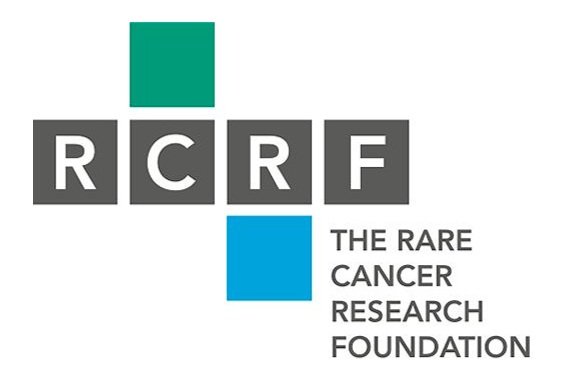Patient-Powered Research and Community
Since 2017, the Rare Cancer Research Foundation (RCRF) has helped patients donate their tissue directly to researchers from over 120 hospitals, resulting in 65+ research models for rare cancers that have already provided countless research opportunities, scientific discoveries, and urgent hope.
Our patient-powered platform aims to fundamentally change how patients can advocate for their care while empowering the development of effective treatments through the donation of tissue samples and data for research.
Tissue Donation
Donating tissue samples is the most effective way patients can help researchers make medical breakthroughs and advance the development of new treatments. We coordinate the safe transportation of live tissue, post-surgery, to research projects or our biobank. We also accept stored tissue for eligible research projects.
Pattern Biobank
Stored tissue has great value for researchers and for patients themselves. The Pattern Biobank is a shared resource across the rare cancer community, bringing together tissue from across institutions and rare cancer types to create a powerful engine for research and discovery. We also offer custodial biobanking, a fee-based service where patients can store their tumor tissue or blood for future clinical use.
Pattern Data Commons
Our open-source Pattern Data Commons is being built by the leading experts in data harmonization across cancer centers and research institutions. It brings together data from across the field of rare cancer research and provides support in analysis of paired clinical and molecular data support.
To consent to donate your medical records data today, visit pattern.org and select your cancer type to get started.
120+
Partner Institutions within the USA
95%
Tissue Collection Success Rate
65+
Rare Cancer Models Developed
Our Work
Over 500,000 people every year are diagnosed with rare cancer, yet most rare cancers do not have effective treatments.
Led by a team of multidisciplinary scientists, cancer patients, and clinicians, our work is guided by the experiences, needs, and voices of those with rare cancer and the researchers whose mission it is to one day find a cure for these diseases.
We are building the tools and infrastructure that empower patients to advocate for their care while directly impacting cancer research.


